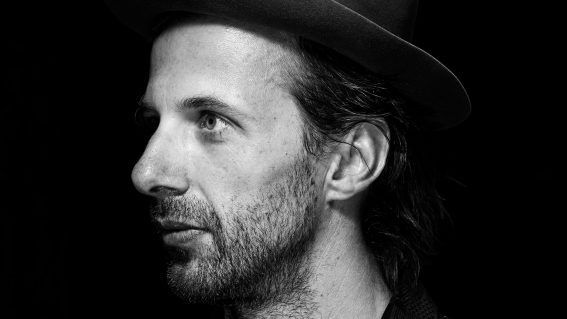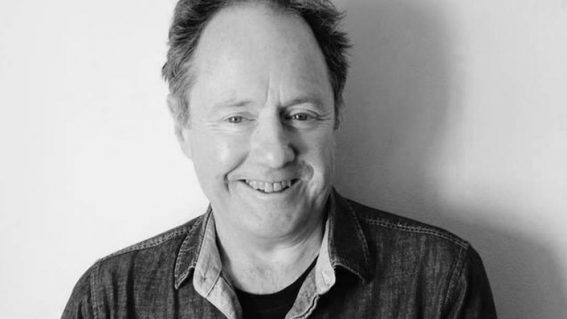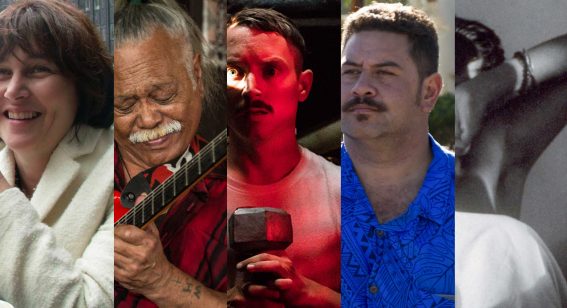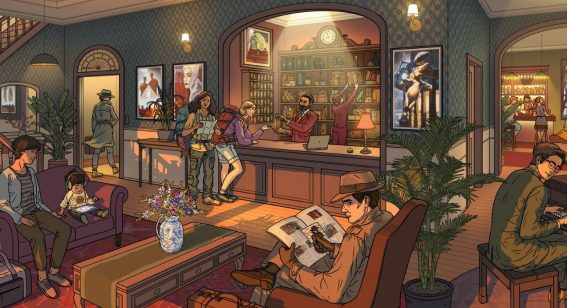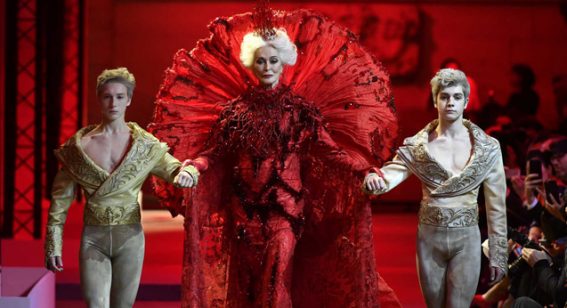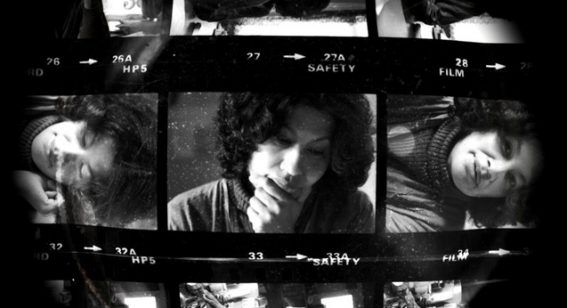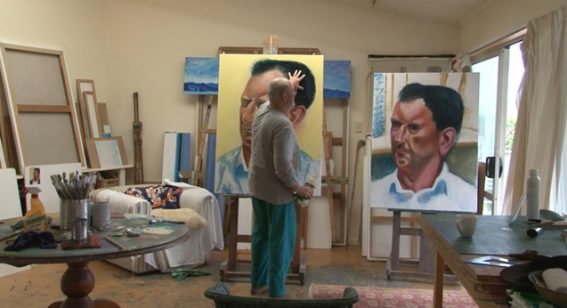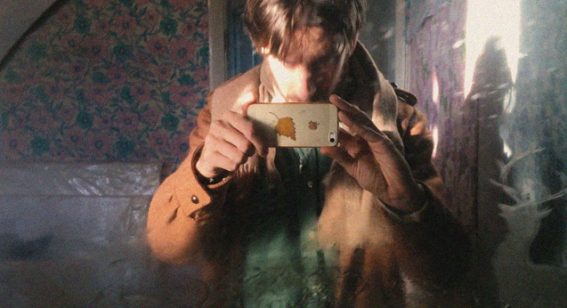NZIFF Q&A: Celia
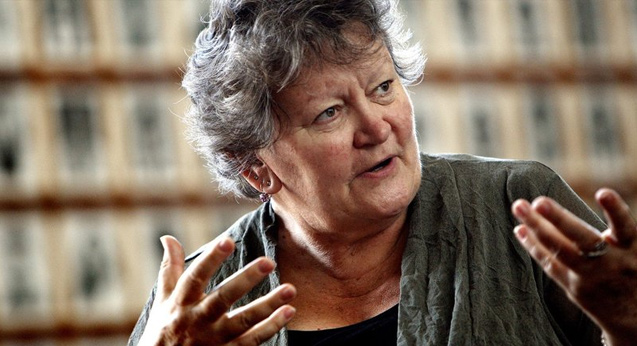
Former 20/20 and 60 Minutes journalist Amanda Millar directed Celia, a portrait of Celia Lashlie, who campaigned relentlessly to raise awareness of the social issues facing New Zealand. The documentary feature plays at the NZ International Film Festival.
FLICKS: Please summarise your film in EXACTLY ten words.
AMANDA MILLAR: Celia’s life, work and vision for a better New Zealand.
Do you recall what it was like the first time you interviewed Celia for TV?
It was a challenge as she was quite determined that she wasn’t going to be interviewed for a current affairs programme (TV3’s 20/20). She was very protective of her private and personal life and didn’t want any coverage to impact on this. However, I was equally as determined as she was so compelling and provocative.
I recognised the power she had as a communicator. She was articulate, straight up and spoke with such clarity, that I knew New Zealanders needed to hear from her. I also decided back then (2001) that I was going to work with her in the future – such was my belief in her and her values.
What was the reaction from the public to your stories featuring her, and how did this match with the objectives of current affairs TV?
There was always an outpouring of reaction to any of Celia’s stories. People loved her and her ‘no shit’ approach. She was refreshing but I always believed she was like an addictive drug. You could never get enough of her.
As far as the ‘objectives of current affairs TV’ were concerned, she was considered ‘gold’. There are very few people who can communicate like she could and you knew she would connect with audiences.
The second story I did with her in 2010 focused on her work with vulnerable women and children and a lot of her criticism was directed at Children Young Persons & their Families (CYFs, now Oranga Tamariki). Her position was that CYFs was too quick to take children off mothers and too obstructive in allowing the mums to get their kids back. We had more reaction to this story than anything else that year, as 1000s of people identified with what she said.
What did Celia hope to achieve with your interviews – and does this differ with this documentary?
Celia’s focus was always to listen then tell stories to help people recognise they can make the change for themselves. She wanted New Zealanders to take ownership of the social issues that face this country, rather than relying on politicians or government agencies to fix the problem. She wanted each community to find the solutions within. Rather than the system inflict its conditions or rules on individuals, she wanted us to stand and walk alongside those who need help. She recognised when she was diagnosed with terminal cancer that she had one last chance to convey this to New Zealanders and that’s why she wanted me to make the documentary.
What changed about the planning and production process for you here, in making a feature-length documentary?
I discovered, there’s a world of difference between making a commercial documentary for TV and a feature-length film for cinematic release. I was convinced that Celia’s story was worthy of the big screen not only for New Zealand but for international audiences. Her messages are universal.
However, getting the documentary started was hard in itself. We had no money, no broadcaster and when I approached various funding sources or networks, I was frustrated when they told me what this film needed to be in order for them to fund it or screen it.
I wasn’t prepared to compromise. This film had to honour Celia’s wishes and retain the integrity of her work and her values. I had to deliver a film that Celia would have been proud of. That meant I had to do it my way, especially for her.
How strong was the sense of responsibility – and grief – that you were filming an epitaph?
The sense of responsibility was huge for me – not only in honouring Celia’s wish and doing justice to her life and her work but also respecting her family and close friends. All were so grief-stricken and I was too. Our friendship and working relationship spanned 15 years. After I left TV reporting I supported her on various projects, I managed her media and the big plan was we were going to make a series of social documentaries to precede the 2017 election. I don’t know if I ever felt this was an epitaph though. It was more about providing a catalyst for people to discuss and to understand how they can make a difference. Celia wanted something to come from this documentary.
I’ve been so privileged to have her in my life, every day, especially as I was editing. I would hear her and watch her over and over again and never tire of her words. I miss not hearing her now.
What issues and points of view do you think Celia would have most liked us to consider going into the film?
All Celia would have wanted is for people to open their minds, their mouths and their hearts as a result of this film. She wanted her messages to create a discussion, build understanding and ultimately create a better New Zealand. She would not have wanted to dictate any outcome in advance.
What was the last great film you experienced?
Waru. This was one film with eight individual stories made by nine different New Zealand female directors. All were courageous, relevant, insightful and important to our understanding of the social, economic and cultural challenges of Māori women and children. It was beautiful, sensitive and very very clever. I’ve seen it four times!


